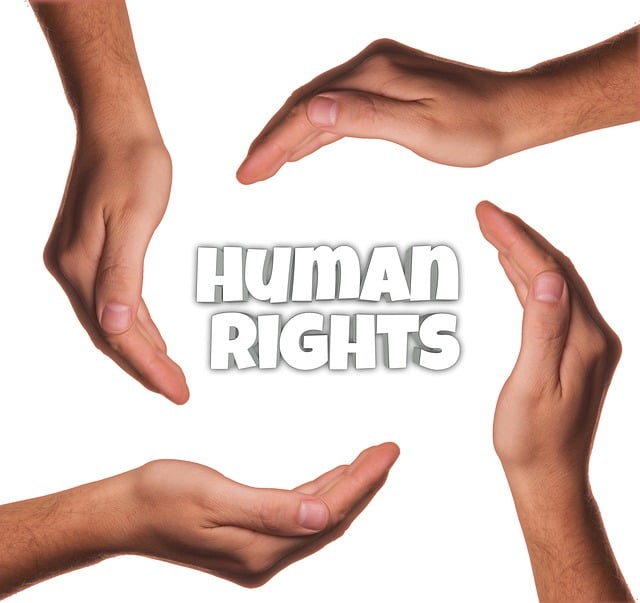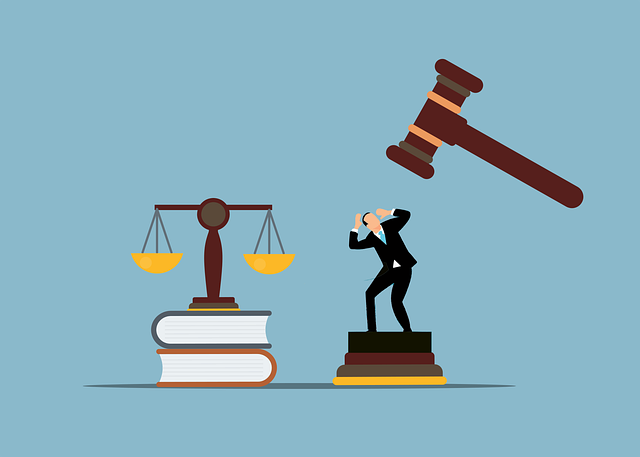Environmental crime trials focus on holding businesses accountable for harmful actions towards the environment, utilizing various types of evidence including scientific reports, ecological data, visual documentation, and expert testimony. Prosecutors must navigate defenses by presenting concrete evidence like pollution levels and witness testimonies to secure justice. Effective strategies include integrating physical evidence with expert opinions, maintaining a clear chain of custody, and establishing relevance, leading to convictions or charge dismissals. Global case studies highlight the importance of robust evidence collection for securing justice in complex environmental crimes.
Environmental crime trials are gaining prominence as we face growing concerns over ecological degradation. These legal proceedings, focused on holding perpetrators accountable for environmental harm, involve complex investigations and unique challenges. This article offers a comprehensive guide, beginning with an understanding of these trials and delving into the critical types of evidence used in criminal prosecution. We explore real-world case studies to understand the impact and identify future perspectives, shedding light on the evolving landscape of environmental justice.
- Understanding Environmental Crime Trials: A Glimpse into Legal Proceedings
- Types of Evidence: Unraveling the Key Components in Prosecution
- The Impact and Challenges: Examining Case Studies and Future Perspectives
Understanding Environmental Crime Trials: A Glimpse into Legal Proceedings
Environmental crime trials shed light on the legal battles surrounding harmful environmental actions, offering a glimpse into how justice is served in high-stakes cases. These proceedings, often complex and multifaceted, delve into the intricate web of regulations and their violations. The unique aspect lies in the types of evidence used, which span from scientific reports and ecological data to visual documentation and expert testimony. This comprehensive approach ensures that the jury trials are well-informed about the respective business’s impact on the environment.
In these trials, prosecutors must navigate a landscape of potential defenses and mitigating factors. The use of concrete evidence, such as pollution levels measured by regulatory agencies or witness testimonies detailing the harm caused, is pivotal. High-stakes cases often hinge on these presentations, where the weight of evidence can determine the outcome. As a result, environmental crime trials serve as a critical mechanism for holding perpetrators accountable and ensuring that justice reflects the severity of ecological offenses.
Types of Evidence: Unraveling the Key Components in Prosecution
In Environmental Crime Trials, unraveling the key components of prosecution hinges on understanding and leveraging various types of evidence. These can range from scientific samples and data logs to witness testimonies and photographic evidence. For instance, soil and water samples can reveal contaminants, while air quality sensors document pollution levels, providing concrete links to alleged perpetrators. Historical records and geographic information systems (GIS) maps offer insights into environmental changes over time, aiding in tracing the source of damage.
The presentation of these types of evidence is crucial for achieving extraordinary results in court. Effective prosecution strategies involve integrating physical evidence with expert testimony, demonstrating a clear chain of custody, and establishing relevance. By presenting compelling and verified data, prosecutors can secure convictions and, in severe cases, complete dismissal of all charges against the respective business responsible for the environmental crimes.
The Impact and Challenges: Examining Case Studies and Future Perspectives
Environmental crime trials present a unique challenge for prosecutors and defendants alike, with complex cases often involving intricate scientific data and far-reaching impacts on communities and ecosystems. Examining case studies from around the globe offers valuable insights into how these trials unfold and what strategies prove effective in securing justice. One prominent example is the successful prosecution of companies responsible for hazardous waste disposal, where detailed scientific reports, aerial photographs, and expert witness testimony played pivotal roles in winning challenging defense verdicts.
These trials not only highlight the importance of robust evidence collection and analysis but also underscore the need for a multidisciplinary approach. Types of evidence used in criminal prosecution range from traditional forensic documents to cutting-edge environmental sampling and modeling techniques. As these cases continue to gain prominence, future perspectives may include enhanced international cooperation, stricter regulatory frameworks, and increased public awareness, all of which could strengthen the hand of prosecutors in securing justice for environmental crimes, regardless of whether they involve corporate or individual clients.
Environmental crime trials play a pivotal role in holding perpetrators accountable for their actions that harm our planet. By examining various types of evidence used in criminal prosecution, we’ve seen how these cases rely on scientific data, forensic analysis, and witness testimonies to unveil the truth. The impact of successful prosecutions extends beyond punishment; they serve as powerful deterrents and foster a sense of environmental justice. However, navigating complex legal landscapes and gathering robust evidence pose significant challenges. As we look towards the future, innovative strategies and enhanced international cooperation are essential to address these crimes effectively, ensuring a sustainable and just world for generations to come.






